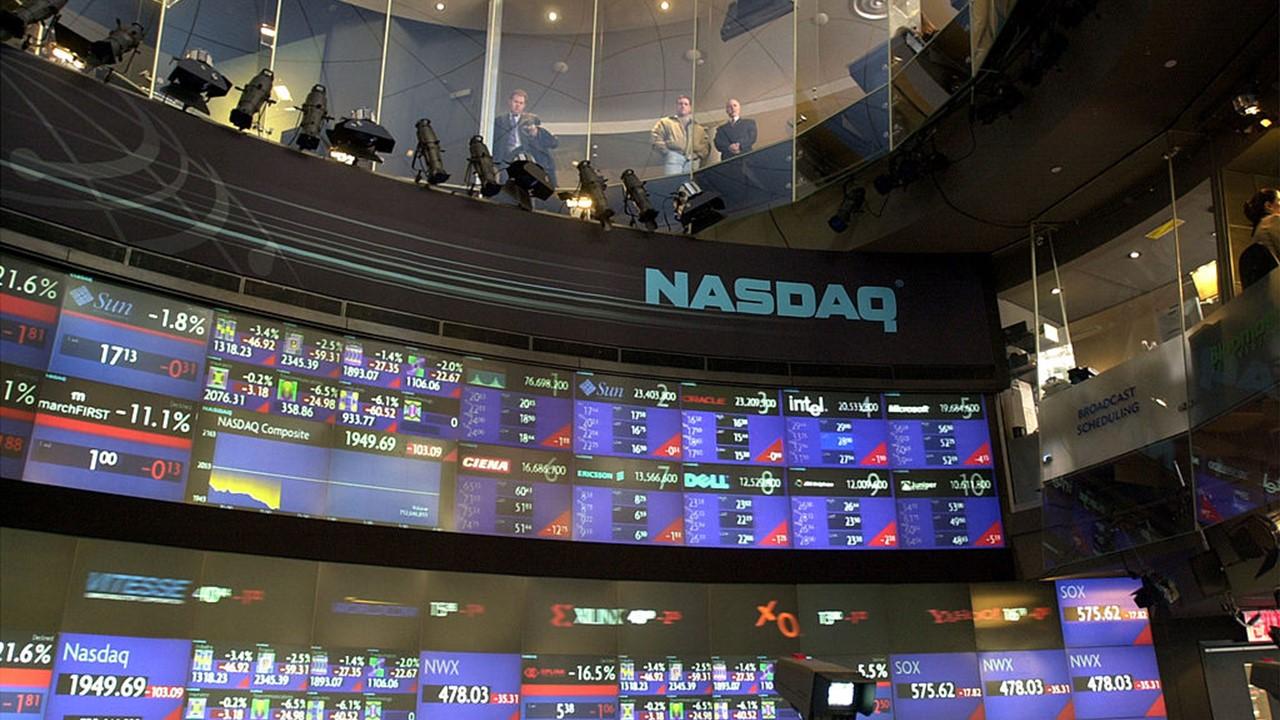What Is Nasdaq and How Does It Compare to the NYSE?
Nasdaq is an American electronic exchange where stocks are bought and sold through an automated network.
Sept. 18 2020, Updated 12:18 p.m. ET

Nasdaq is an American stock exchange where investors can buy and sell listed stocks. It's the second-largest stock exchange in the world behind the NYSE. All of Nasdaq's trades occur electronically through brokers instead of directly between traders at a physical location. Nasdaq usually attracts more companies that are tech and growth-oriented compared to other exchanges. How does Nasdaq work? How does Nasdaq compare to the NYSE?
What is Nasdaq?
Nasdaq is a global electronic marketplace where investors can buy and sell stocks. It was the world’s first fully electronic stock exchange. Nasdaq doesn't have a physical trading floor like several other exchanges. Nasdaq attracts some of the biggest blue-chip businesses in the world. Many of the exchange's equities denote high-tech software, internet, and computer companies, while other sectors trade on Nasdaq as well.

Microsoft, Amazon, Apple, Gilead Sciences, Facebook, Tesla, and Starbucks are some of the major stocks that trade on Nasdaq. Since Nasdaq attracts highly growth-oriented businesses, the stocks listed on it appear to be more volatile compared to stocks on other exchanges. Nasdaq is also used to denote to the Nasdaq Composite, which is an index of approximately 3,000 stocks that are listed on the Nasdaq stock exchange.
How does Nasdaq work?
Nasdaq is open for stock trading between 9:30 a.m. and 4:00 p.m. ET. The marketplace also allows you to buy or sell stocks listed on it in pre-market and after-hours trading sessions. Pre-market trading hours are from 4:00 a.m. to 9:30 a.m. ET, while post-market trading hours are from 4:00 p.m. to 8:00 p.m. ET.

Nasdaq versus the NYSE
Together, Nasdaq and the NYSE account for a major portion of U.S. stock trading. However, there are some differences between the two marketplaces.
- Nasdaq is a dealer market, while the NYSE is an auction market facilitating direct trades. In Nasdaq, buying and selling happen electronically through dealers. In the NYSE, the highest bid price is matched with the lowest ask price.
- The stocks listed on Nasdaq are considered to be more volatile and growth-oriented, while stocks on the NYSE are perceived to be less volatile.
- Nasdaq is usually known as a high-tech market that attracts firms dealing with the internet or electronics like Microsoft, Apple, and Facebook. The NYSE has blue-chip firms whose stocks are considered to be more stable and established like ExxonMobil and Berkshire Hathaway.
- On Nasdaq, about 3,800 companies are listed with a market cap of $11 trillion as of July 2017. The market cap of about 2,400 companies listed on the NYSE exceeds $21.3 trillion.
Nasdaq's overall performance
Nasdaq's overall performance is strong since it's largely made up of technology sector stocks. Nasdaq has two indexes — the Nasdaq 100 and the Nasdaq Composite. The Nasdaq 100 Index is made up of the top 100 companies in terms of market value that trade on Nasdaq. The Nasdaq Composite Index includes most of the stocks trading on Nasdaq.
As of Friday, Sept. 18, the Nasdaq 100 Index posted a one-year return of 40.4 percent and a year-to-date return of 25.8 percent. The Nasdaq Composite Index posted a 33.5 percent one-year return and a year-to-date return of 20.8 percent.
